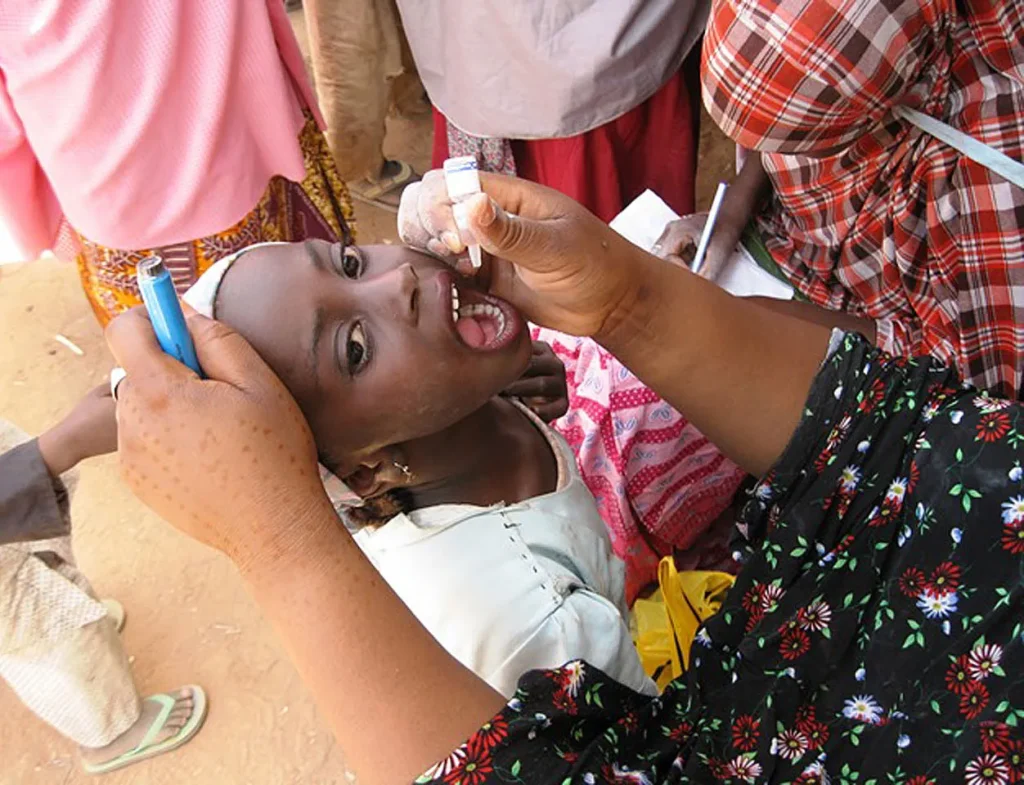Public health was born neither in Europe nor as a response to the Industrial Revolution. Preventive health interventions are attested almost anywhere historical communities have left their mark. In Southeast Asia, for instance, Ayurvedic medicine and subsequently Buddhism fostered occupational, dietary, and sexual regimens that promised balanced bodies, lives, and communities, a notion strongly present in Traditional Chinese Medicine as well. Among the Mayans, Aztecs, and other early civilizations in the Americas, population centers pursued hygienic programs, including holding medicinal herbal markets. And among Aboriginal Australians, techniques for preserving and protecting water and food sources, micro-zoning to reduce pollution and fire risks, and screens to protect people against flies were common, even in temporary camps.
In complex, pre-industrialized societies, interventions designed to reduce health risks could be the initiative of different stakeholders. For instance, in Greek and Roman antiquity, army generals learned to provide for soldiers’ well-being, including off the battlefield, where most combatants died prior to the twentieth century.

